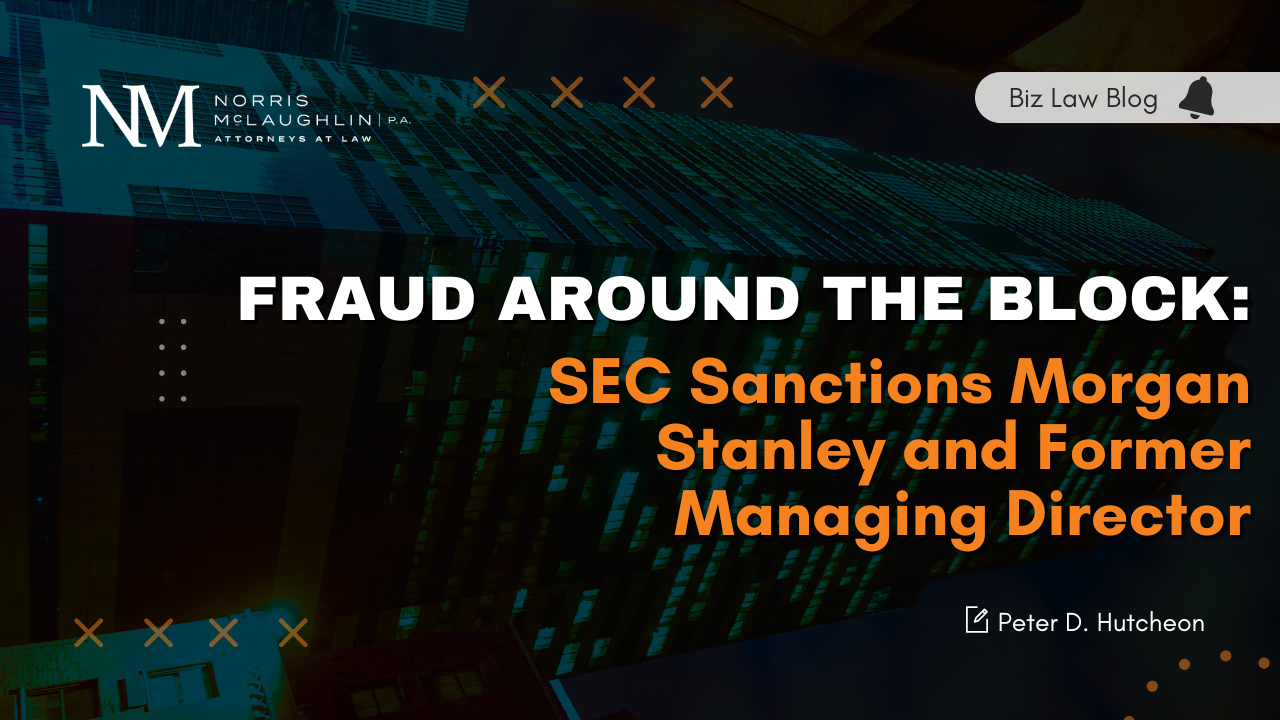SEC Stops the Game: Suspending Trading After “Questionable Trading and Social Media Activity”

On Friday, February 26, the U.S. Securities and Exchange Commission (“SEC”) announced in a press release that they are suspending trading in 15 stocks in an effort “as part of its continuing effort to respond to exploit investors during the recent market volatility.” The February 26, 2021, order issued by the SEC states that “none of the issuers has filed any information with the SEC or OTC Markets, where the companies’ securities are quoted, for over a year. The SEC said that this followed the suspension of trading in some six stocks in the prior week. In each case, the SEC asserts that they appear to “have been the targets of apparent social media attempts to ARTIFICIALLY inflate their stock prices” (emphasis added).
SEC Suspending Trading
Then, on Tuesday, March 2, 2021, the SEC suspended trading in Arcis Resources Corporation, another company whose shares are traded on the OTC Markets. As with the prior 21 companies, trading in whose securities it has suspended, it had “not publicly provided information about its business or financials for several years.” The SEC’s release states that in December 2020, “certain social media accounts may have engaged in an attempt to influence [the company’s] share price by posting potentially misleading information.” This led to greatly increased share price and trading volume “in the absence of any publicly available news,” and in February, continued to experience volatility. The SEC notes in each of the suspensions that it has the authority under the law to suspend trading in a security for up to ten days. The SEC also notes that under Rule 15c2-11, broker-dealers are prohibited from soliciting orders to buy OR sell the stock until the company meets certain reporting requirements.
Questionable Trading and Social Media Activity
The SEC’s Office of Investor Education and Advocacy also issued an alert to investors about the “significant risks of making investment decisions based on social media.” All of these developments are clearly reactions to the late January surge in prices for the stock of GameStop and other companies, where the SEC appeared to be distracted from market developments in a time of leadership transition at the SEC. See my February 2, 2021, blog post, “Rupture Rapture: Should the GameStop?” Perhaps we are beginning to see a regulatory response to “mindless” trading on low-cost platforms. If so, the capital markets will only be stronger, and investing will be less likely to be seen as a “trip to the race track.”
If you have any questions about this post or any other related securities or general business law matters, please feel free to contact me at pdhutcheon@norris-law.com.




